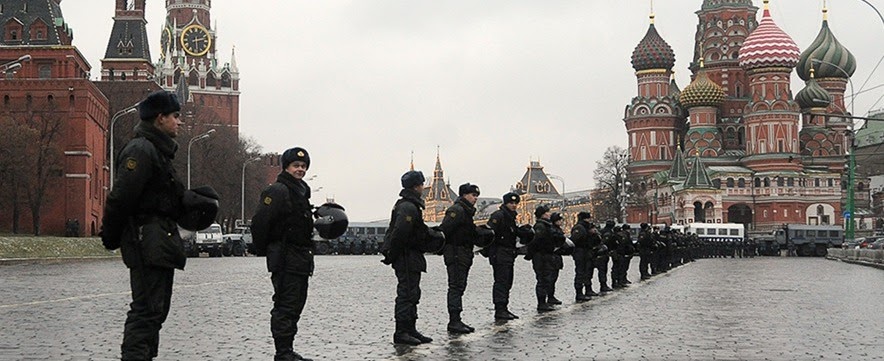
The silence of Russian Protestants about Jehovah’s Witnesses case is very eloquent
More comments for Christianity Today. Thanks to Kate Shellnut for such a timely and balanced article
How do Protestants in Russia view themselves in relation to Jehovah’s Witnesses?
Jehovah’s Witnesses in Russian society are viewed as a part of Protestantism (all non-Orthodox movements fall into the category of “Protestants”). However, Protestants themselves don’t consider Jehovah’s Witnesses to be Protestants and are quick to disassociate themselves from them. Although, during Soviet times, they suffered together from persecution, they helped each other in prison and in exile, and spoke highly of one another. But after the collapse of the USSR, new opportunities for active missions appeared, and Jehovah’s Witnesses became dangerous (very active and organized) competitors. Protestant seminaries teach about Jehovah’s Witnesses in a course on “Sects and Cults.” The almost completely closed nature of this organization, as well as the absence of contacts and representation in inter-religious councils, contribute to the cautious and almost hostile attitude of Protestants toward Jehovah’s Witnesses.It’s worth recalling that Protestants in Russia believe in “freedom of conscience for all people” but it seems that the principle of this declaration rings hollow (like many other rights and freedoms in Russia). Nowadays, this principle looks like it is part of the liberal heritage of the West that has to be rejected hastily.
— Do the two groups get along? Do they engage in similar evangelism activities?
Protestants consider the evangelistic activities of Jehovah’s Witnesses to be excessively intrusive and aggressive. Russians are scared away and irritated by their lack of a creative, systematic, and methodological approach. Protestants themselves usually preach salvation through Christ along with a simple and understandable gospel; they don’t digress into subjects about the nature of deity and diagrams about “what will happen to this world.» At the same time, Protestants constantly contextualize their sermons, while appealing to history and avoiding tensions with Orthodox culture. In that sense, Jehovah’s Witnesses in Russia appear to be foreign and almost “alien.”
— What has the Protestant response to the recent government suit against the Jehovah’s Witnesses been?
Protestants have remained silent, assuming that these new government initiatives will only limit the activities of “cults and sects” and won’t affect them much. There was a case when a Baptist pastor testified against Jehovah’s Witnesses during a trial. Protestants in Russia—like the Orthodox—“have grown fond” of “order” and “stability,” and that’s why they are willing to ignore restrictions that affect the freedoms of other people, especially “sectarians.”
— What implications would further restrictions, or a ban on Jehovah’s Witnesses, have on evangelicals? Is it possible that they would face a similar fate?
The government will try and see how far it can go, while testing the reaction of religious and social groups. A ban on Jehovah’s Witnesses is just the beginning in a series of repressions. Society needs an internal enemy to which the government can point in full cooperation with the Russian Orthodox Church. And the silence of Protestants with regard to repressions against Jehovah’s Witnesses will merely unleash a new wave of restrictions and repressions from the government.
